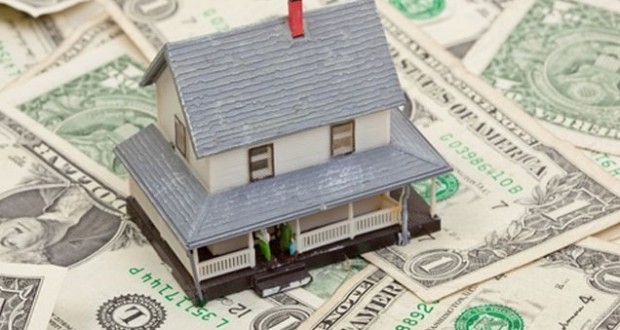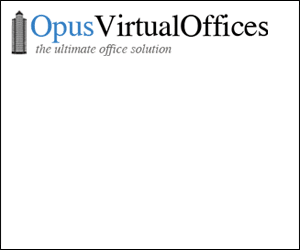

Home Equity Financial Loans

A home-equity loan, also referred to as a home loan that is second lets residents borrow money by leveraging the equity inside their domiciles. Home-equity financial loans exploded in popularity in 1996 while they provided a means for customers to significantly circumvent that year’s income tax modifications, which removed deductions when it comes to interest on customer purchases which are many.
With a home-equity loan, home owners can borrow as much as $100,000 and still deduct all of the interest if they file their taxation statements. Here we go over how these loans work and how they may pose both advantages and problems.
Two Types of Home-Equity Loans
Home-equity loans come in two types – fixed-rate loans and personal lines of credit – and both kinds are available with terms that generally cover anything from five to fifteen years. Another similarity is that both forms of financial loans must be paid back in complete in the event that true home upon which they’ve been lent is offered.
Fixed-Rate Loans
Fixed-rate loans offer a single, lump-sum repayment towards the debtor, which can be repaid over a group period of time at an agreed-upon rate of interest. The attention and payment price stay the same throughout the duration of the mortgage.
Home-Equity Lines of Credit
A home-equity line of credit (HELOC) is that loan this is certainly variable-rate works much like a credit card and, in reality, occasionally comes with one. Borrowers are pre-approved for a spending that is sure and that can withdraw cash when they want it via a charge card or unique checks. Monthly obligations differ in line with the amount of cash lent and the interest rate this is certainly present. The HELOC has a collection term like fixed-rate loans. Whenever end regarding the term is reached, the mortgage this is certainly outstanding must certanly be repaid in complete.
Benefits for Consumers
Home-equity loans provide an origin that is easy of. The interest rate on a home-equity loan – although higher than compared to home financing this is certainly very first is a lot less than on credit cards along with other customer loans. As a result, the reason this is certainly number-one borrow on the worthiness of their homes via a fixed-rate home equity loan would be to pay back credit card balances. Interest paid on a home-equity loan can be tax-deductible, as we noted early in the day. So, by consolidating financial obligation using the home-equity loan, customers have a payment that is single a lower interest and income tax advantages.
Advantages for Lenders
Home-equity loans are a fantasy come true for a loan provider, just who, after making interest and costs in the debtor’s preliminary home loan, earns more interest and costs. The financial institution extends to keep most of the money made from the initial home loan and all sorts of the money generated on the home-equity loan; in addition to the lender gets to repossess the home, offer it once more and resume the pattern with the next borrower in the event that borrower defaults. From a business-model perspective, it is tough to think about a more arrangement this is certainly appealing.
The proper way to Use a Home-Equity Loan
Home-equity loans can be tools being valuable responsible consumers. That you’ll be in a position to repay the loan, its low interest and tax deductibility of paid interest makes it a smart alternative when you yourself have a stable, reliable revenue stream and know. Fixed-rate home-equity financial loans often helps protect the cost of an individual, large acquisition, such a new roof on your residence or an urgent costs this is certainly health. And the HELOC provides a means that is convenient cover temporary, continual expenses, such as the quarterly tuition for a four-year level at a college.
Acknowledging Pitfalls
The pitfall that is main with home-equity loans is they sometimes seem to be a straightforward answer for a debtor who may have fallen into a perpetual cycle of spending, borrowing, investing and sinking deeper into debt. Unfortuitously, this scenario is indeed typical the lenders have a term for it: reloading, which can be simply the habit of taking financing so that you can pay back financial obligation that is existing take back additional credit, that the debtor then makes use of to make extra acquisitions.
Reloading contributes to a cycle that is spiraling of this usually convinces consumers to show to home-equity loans offering an amount well worth 125% of the equity into the debtor’s home. This sort of loan usually is sold with higher charges because, as the borrower has brought away additional money than the homely house is really worth, the mortgage is certainly not guaranteed by security. Additionally, the attention compensated regarding the portion of the mortgage that is above the worth of the true home is not tax deductible.
It might be time for a reality check if you might be contemplating that loan that is really worth a lot more than your property. Had been you struggling to stay inside your means when you owed just 100percent associated with value of your home? If that’s the case, it shall be impractical you may anticipate that you’ll be best off when you enhance your financial obligation by 25%, plus interest and costs. This might be a slope that is slippery personal bankruptcy.
Another pitfall might occur whenever residents sign up for a home-equity loan to finance house improvements. While renovating your kitchen or restroom generally adds worth to a property, improvements such a pool that is swimming be worth more in the eyes regarding the property owner as compared to market identifying the selling price. If you’re entering debt to produce changes that are cosmetic home, you will need to determine whether the modifications add sufficient value to cover their prices.
Investing in a young child’s college education is yet another reason why is preferred taking out home-equity loans. If, nonetheless, the consumers tend to be approaching your retirement, they do have to determine how the loan might influence their ability to complete their objectives. It could be wise for near-retirement consumers to search out other options using their kids.



